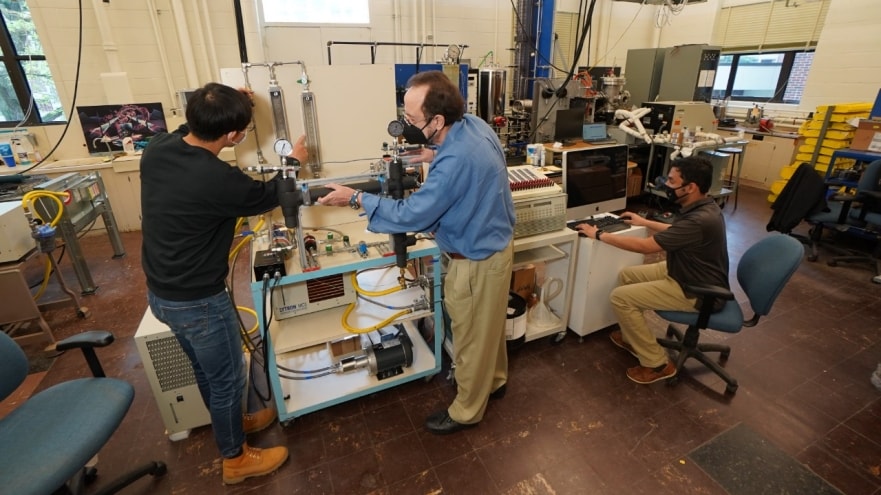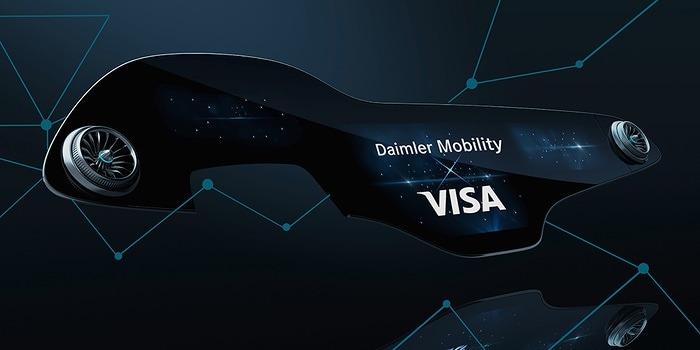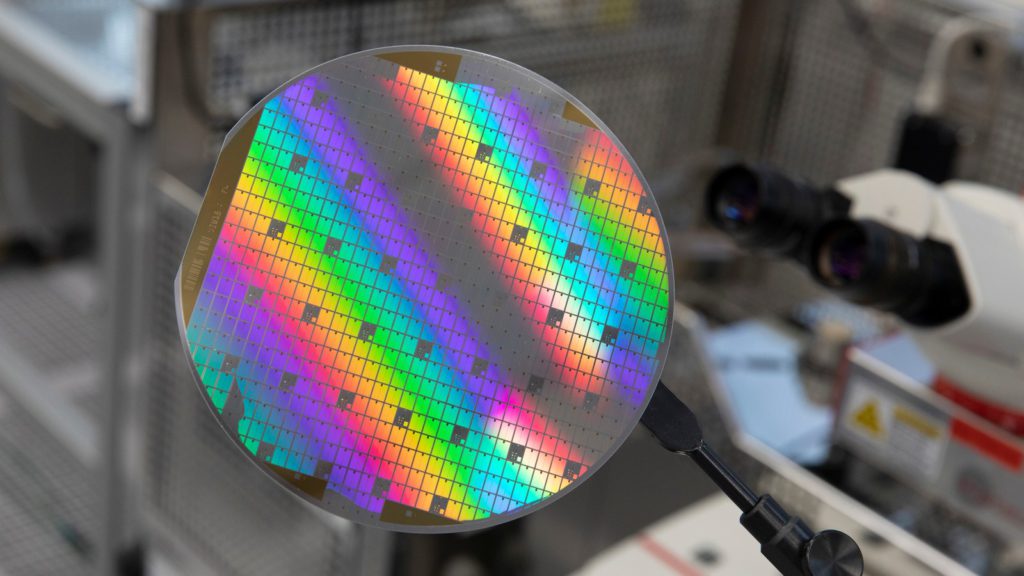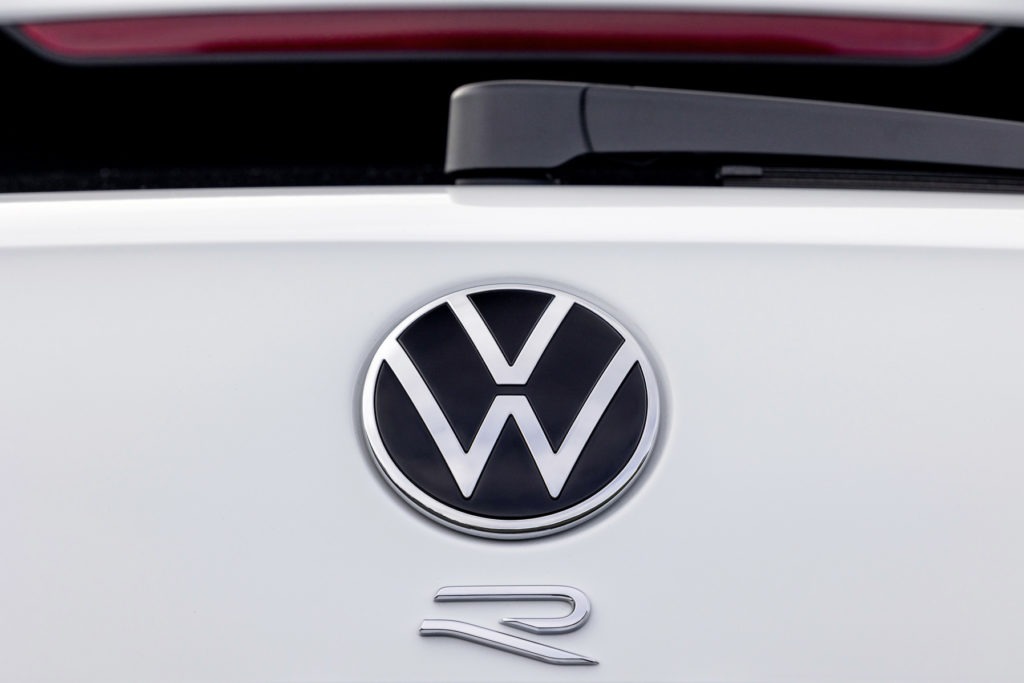This week’s automotive headlines – 13 November 2021
13 November 2021

Looking at some of the developments in the automotive sector across the past seven days, Autovista24 is highlighting Schaeffler’s carbon-neutrality plans, Ford’s new embryonic charging cable, Repsol’s EV infrastructure expansion, new branding for Stellantis’ retail division and Daimler using cars as payment.
Schaeffler announces new carbon-neutrality plans

Automotive supplier the Schaeffler Group aims to be operating as a carbon-neutral company from 2040. This plan covers the company’s entire supply chain, and will see it accelerate the pace of its Sustainability Roadmap, adopted in 2019. Production facilities will be climate-neutral from 2030, and by 2025, Schaeffler aims to prevent around three-quarters of its emissions from manufacturing, with a 25% reduction in pollution from intermediates and raw materials occurring in the supply chain. To achieve these targets, the company will focus on tangible reduction measures, and only unavoidable emissions will be neutralised by means of carbon offsetting. The supplier has already been working on reducing carbon emissions. Since 2020, 100% of the electricity purchased for all production sites in Germany has come from renewable sources. This also allowed around 260,000 metric tonnes of CO2 to be avoided last year. By 2024, all Schaeffler sites worldwide will purchase electricity generated from 100% renewable sources.
Ford and Purdue University join to reduce EV charge times

Ford has been working with engineers at Purdue University to significantly reduce charging times for electrically-chargeable vehicles (EVs). The patent-pending work is centred on the development of a new type of charging cable that could deliver an increased current, thereby speeding up the charging process. The cable will use liquid as an active cooling agent, thereby extracting more heat from the process and enabling a faster charge. It is hoped that the embryonic invention could one day help make EV ownership more appealing, as charging times are reduced closer to those experienced by internal combustion engine-vehicle (ICE) owners when refuelling. ‘Ford is committed to making the transition to electrification easy,’ said Matt Stover, director of charging, energy services and business development at Ford. ‘We are glad to support Purdue’s research, which has the potential to make electric vehicle and commercial fleet ownership more appealing and accessible.’
Repsol invests €42 million in fast-charging network

Spanish energy company Repsol is investing €42 million to install 610 public electric charging points in Spain and Portugal. The investment, part of Repsol’s goal to operate 1,000 charging stations by the end of 2022, signals another step towards the company aiming for carbon-neutrality by 2050. Funded by the Spanish Official Credit Institute, the project will focus on implementing fast and ultra-fast chargers across a network of Repsol’s service stations in Spain and Portugal. With a charging capacity ranging from 50kW to 180kW, these will be installed by the end of 2023. All of Repsol’s charging points will provide 100% renewable energy. The company said its charging network is one of the most significant ones in the region, taking a leading position in the Iberian Peninsula. As a major player in the electricity and gas markets in Spain, Repsol has also applied for state aid to access an incentive plan for the installation of charging points to consolidate its offering in sustainable mobility.
Stellantis unveils new branding for retail locations
Vehicle manufacturing group Stellantis has announced the new commercial name of its retail division. Stellantis & You, Sales and Services is born from the merger of PSA Retail and Motor Village as part of the PSA Group and Fiat Chrysler (FCA) merger earlier this year. The new name will be rolled out across the 11,300 retail and service locations in Europe and Morocco. A new website, stellantisandyou.com, has also been unveiled as part of the rebranding. This digital shop will cover new- and used-models as well as aftersales services and rental. This online presence features a new tone and style, which the company says epitomises user-centricity and know-how. The distribution arm of the carmaking group is launching with ambitious goals, intending to reach 25% of sales online by 2030, enhance profitability by 50%, and decrease its physical footprint by the end of the decade.
Daimler to turn cars into payment devices

Daimler Mobility has teamed up with Visa in a move that will make in-car payments possible to customers in Europe. From spring 2022, Visa’s delegated authentication technology will allow Mercedes-Benz drivers to pay for goods and services by using their fingerprint in the car. The manufacturer has big plans and aims to turn the car into a payment device to initiate two-factor authentication. The first customers able to use this service will be based in the UK and Germany, but other European markets are set to follow. In the long run, the carmaker plans to roll out this service worldwide as in-car commerce has become a vital aspect of the luxury customer experience. Ensuring safe payment options will be key. Daimler said it is the first automotive manufacturer to incorporate into its vehicles Visa’s cloud token framework. This is a type of security technology that allows for more flexibility across multiple devices, removing sensitive payment information by converting data and storing it securely.



